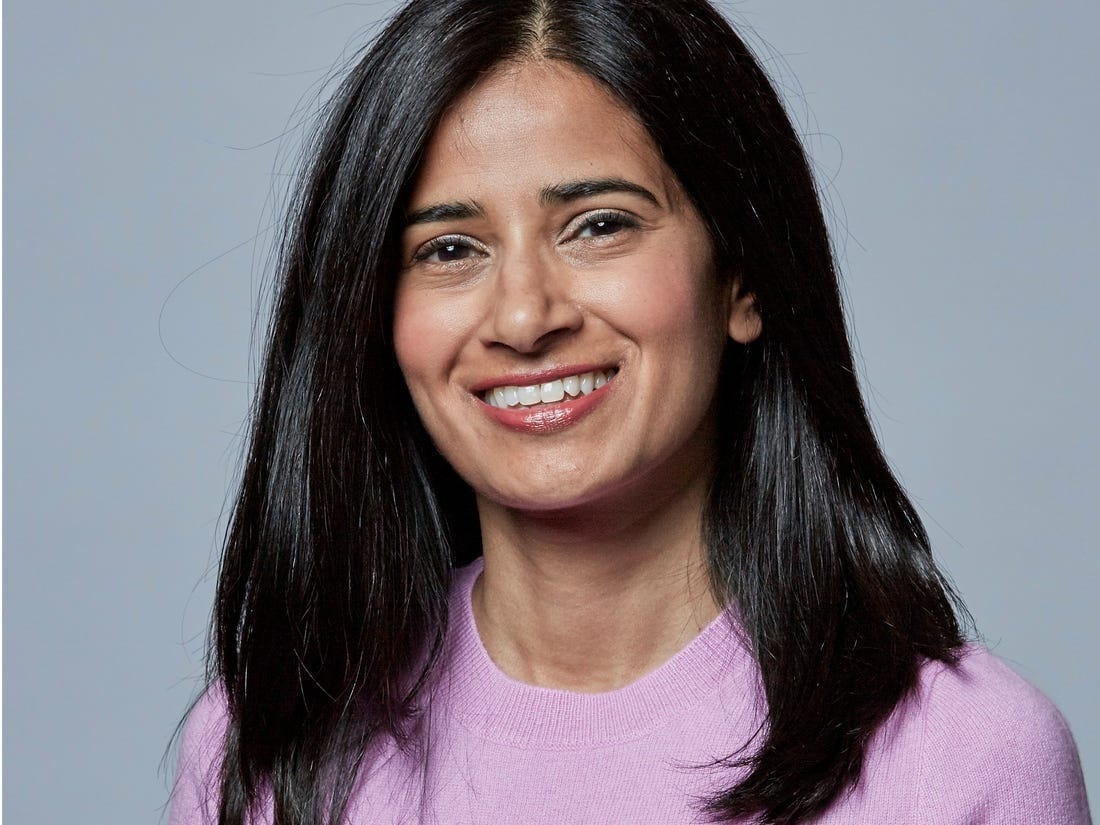Particularly for Millennials, Telemedicine Skyrockets to the Mainstream, Say CES 2021 Panelists
January 12, 2021 – The growth of telehealth has exploded since the COVID-19 pandemic began, and there are no signs of it slowing down anytime soon, panelists agreed at CES 2021. Health economist and blogger Jane Sarasohn-Kahn used a session on “Telemedicine Skyrockets to Mainstream” to declare that

January 12, 2021 – The growth of telehealth has exploded since the COVID-19 pandemic began, and there are no signs of it slowing down anytime soon, panelists agreed at CES 2021.
Health economist and blogger Jane Sarasohn-Kahn used a session on “Telemedicine Skyrockets to Mainstream” to declare that broadband is a social determinant of health, and that the home has become a health hub.
Iris Berman, vice president of telehealth services at Northwell Health in New York said that telehealth is a means for patients to get care immediately, especially when rush hour traffic would disrupt travel times to and from places of care. But he voiced concern that telehealth may not grow without better broadband.
She said it was a myth that broadband is better in cities than in rural areas. Indeed, there are areas of New York City with very poor broadband availability. This hinders telemedicine, as well as making it more difficult to work and participate in educational activities.
Jason Gorevic, CEO of Teladoc Health, said the trend for telehealth has gone from consumers asking, “is telehealth right for me?” to “I prefer telehealth as my first choice.”
He company has experienced substantial growth since its founded in 2002. More than 10 million telehealth visits are expected during the 2021 year, and he credited that to virtual care. Bringing health care to patients allows the same quality care to anyone regardless of where they live. Virtual health is a great equalizer, allows patients the same quality care regardless of where they live. They also are freed from “needing to make a pilgrimage to the health care provider,” he added.
Nurx CEO Varsha Rao said the COVID-19 pandemic increased medical requests and yet, with colleges closing down and going remote, campus health services also closed, forcing students to adopt telehealth practices. Nurx set up college hub health service centers on college campuses to provide support for closed health centers.
She said that by the end of next year, telehealth will become the first-choice option for millennials and members of Gen Z, ahead of being a second or third choice.










